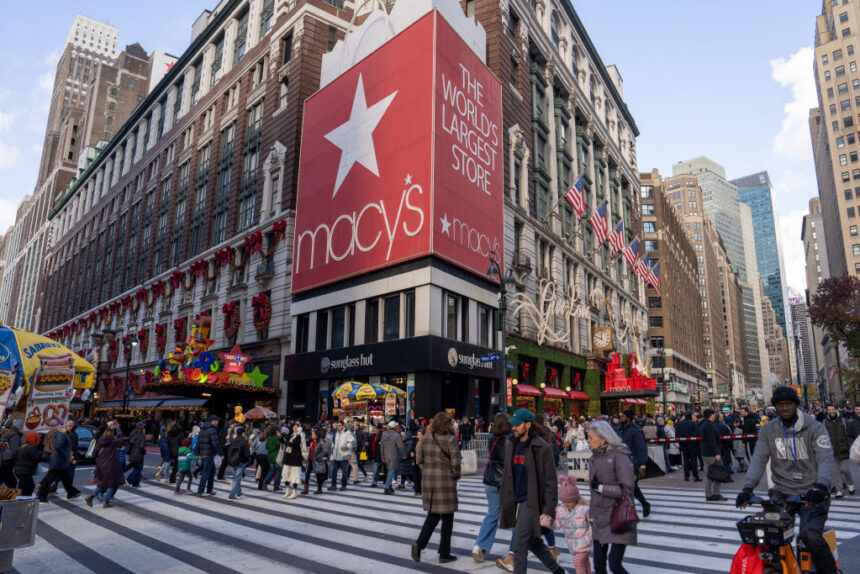Price increases driven by the rate are reaching department stores. This week, Macy’s CEO, Tony Spring, whose company also has Bloomingdale and the Bluemercury cosmetic chain, said that the increase in costs related to rates will soon affect prices in categories of selected products. His comments followed similar warnings of Walmart, Target and Nike, whose business depends largely on Chinese manufacturing.
Macy’s gets about 20 percent of her merchandise from China. “There will be articles that have the same price as a year ago. There. [are] I will be, selectively, elements that can be more successful, and there are elements that we may not carry because the price is not that they are not not in a way, no?
Spring emphasized that price increases would be limited to specific brands and categories where customers still perceive a strong value. He also noted that Macy’s is actively reducing his exposure to Chinese imports renegotiating suppliers contracts and canceling or delaying orders that no longer meet the company’s value criteria.
For the quarter that ended on May 3, Macy’s reported a 5 percent decrease in income year after year to $ 4.6 billion, with a net income falling to $ 38 million of $ 62 million the previous year. The company expects tariffs to be slightly erased their gross margin in fiscal year 2025.
Earlier this month, Nordstrom, one or Macy’s main competitors, completed a sale of $ 4 billion to the Mexican retail group El Puerto de Liverpool. The agreement, announced for the first time in December 2024, faced delays due to uncertainty related to the rate, but finally closed.
“The department stores can continue to see pressure on the profit margins, the weakened competitiveness compared to the electronic commerce players with more flexible supply chains and a greater operational complexity,” William London, an international business lawyer and partner of Kimura London & White LLP, headed in California. He pointed out that executives who cite rates not only highlight the costs, but also the broader strategic volatility they have in the global supply.
“Now it may be the ideal time to introduce alternatives manufactured in the United States other than tariff fluctuations,” said Liya Tachew, director of Sendero Consulting, which specializes in manufacturing, goods full of consumption and operations of the supply chain. He added that retailers must now achieve careful balance between maintaining customer loyalty and supply chain resilience.
Concerns around tariffs are increasing throughout the retail sector. At the beginning of May, the Walmart CEO, Douglas McMillon, told analysts that, despite the efforts to protect rise buyers, the scale of the rates hinders the absorption of the entire impact. Walmart has already increased prices of certain articles.
The CEO of Target, Brian Cornell, has also marked “mass potential costs” of tariffs, but said that price increases would continue to be a “last resort.”










